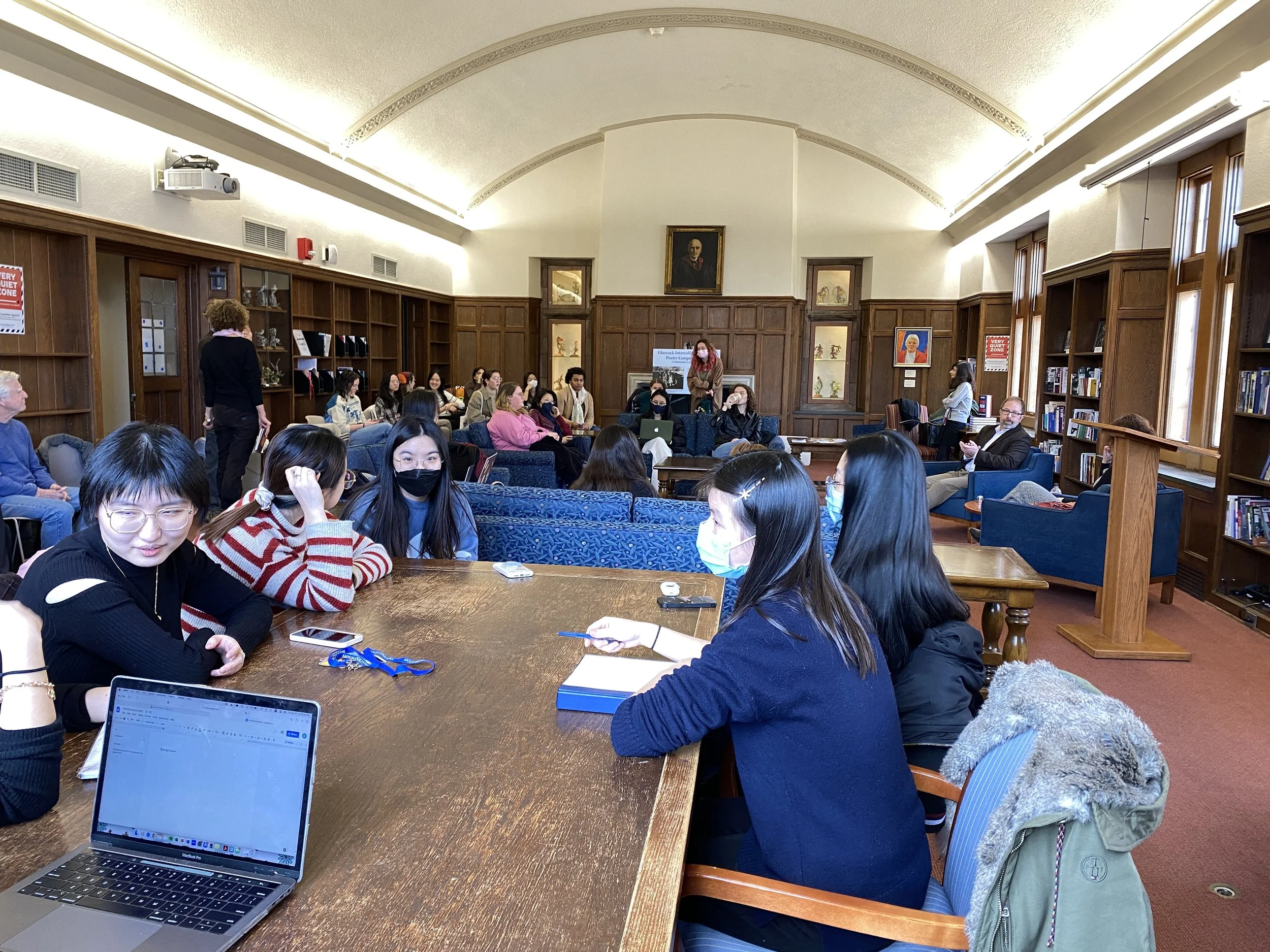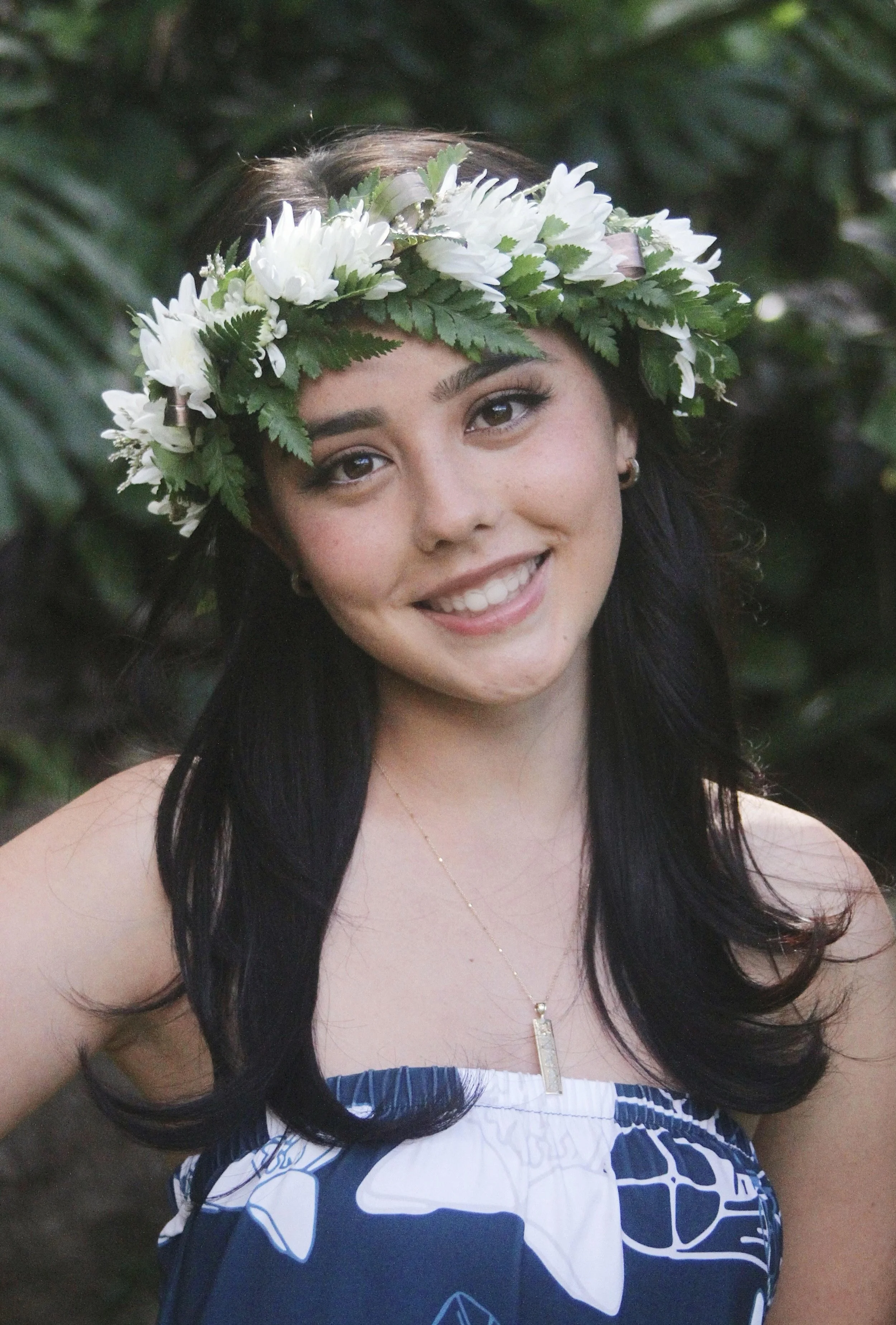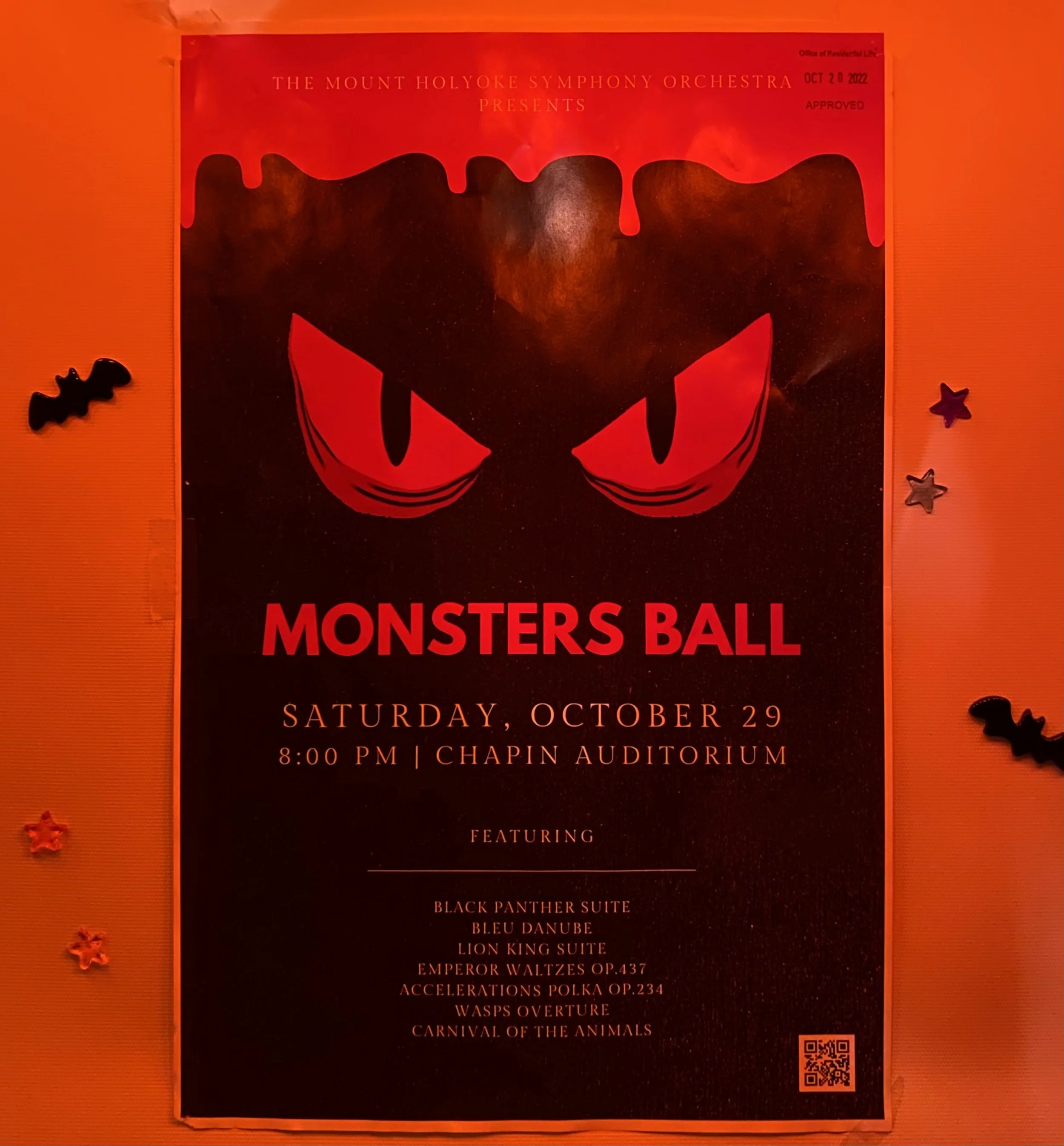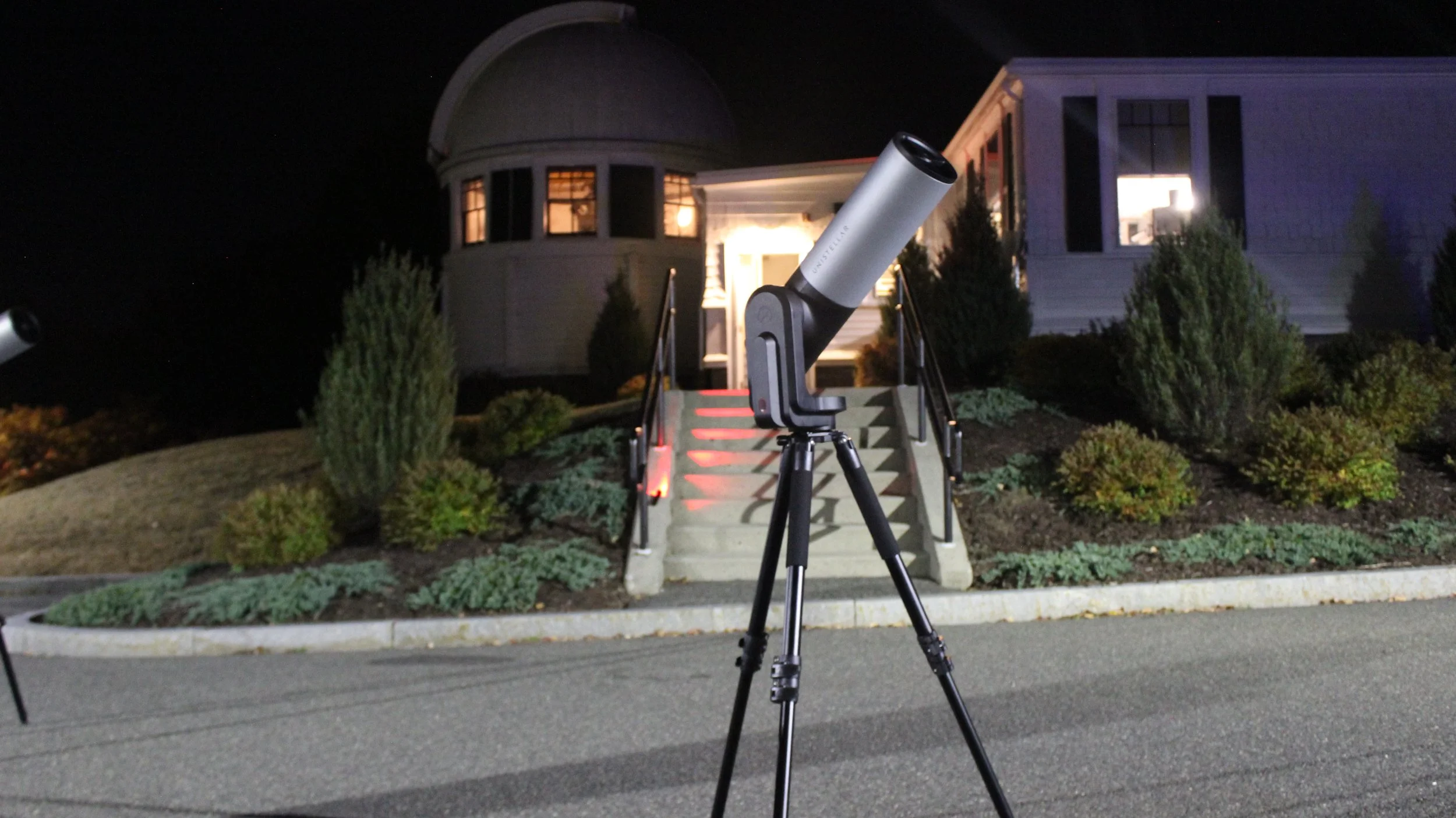Dan Pagis’ poem entitled “Written in pencil in the sealed freight car,” which he wrote when he was 11 years old, is displayed in English, Hebrew, and Polish at the Belzec Victims Memorial. Photo courtesy of Mark Auslander.
By Emma Quirk ’26
Staff Writer
Content warning: This article discusses the Holocaust.
Dr. Mark Auslander gave a lecture entitled “Here in this Train Car: Holocaust Family Memory, Art-Making and Struggles for Justice” on Feb. 15, 2023. During the event — held virtually — he discussed his family’s history and the connectivity between marginalized communities. He also explored the impact and importance of the arts when it comes to culture and tragedy.
Auslander is a sociocultural and historical anthropologist, award-winning author of “The Accidental Slaveowner: Revisiting a Myth of Race and Finding an American Family” and visiting lecturer in anthropology at Mount Holyoke College.
This event is one of MHC’s antisemitism teach-ins that were launched in January of 2021. In her introduction to Dr. Auslander’s event, Vice President for Equity and Inclusion Kijua Sanders-McMurtry said that the College community has been “engaged in deep dialogues and interrogation of our own everyday work to disrupt and resist antisemitism,” for several years.
Auslander’s talk, held during Black History Month, touched on the similarities and linkages between antisemitism and anti-Black racism. Auslander also discussed the way white supremacist ideology harms both of these communities as well as the intersections between them.
The lecture began with Auslander speaking about his own family, particularly their experiences in the Holocaust. “Here in this Train Car” is a reference to “a terrifying moment in my family’s history,” where thousands of Romanian Jewish people, including his relatives, were forced onto cattle cars during a mass deportation to Transnistria concentration camps in the 1940s, Auslander explained. His father’s first cousin, Dan Pagis, was 11 years old at the time.
Pagis wrote a now famous poem about the car, called “Written in Pencil in the Sealed Freightcar.” The poem goes as follows: “Here in this carload / I, Eve / with my son Abel. / If you see my older boy, / Cain, the son of man, / tell him that I” — Auslander explained that it can provide different messages for readers.
“The text I’d like to suggest can be read in part as a powerful testimony of what it means to be Jewish in a post-Holocaust world. … Even in places of relative sanctuary, the possibilities of mass violence never seen entirely removed or off the table. … But at the same time, the poem … emphasizes the universality of the story of brothers,” Auslander said.
Auslander explained that neither Pagis nor his grandparents “[ever] discussed with anyone what transpired on board those terrible unheated trains … the poem is the only trace we have whatsoever.”
He is inspired by the way his cousin has fought for peace and justice and wishes to do the same. Art is a way to share, connect people and remember historical moments, both benevolent and malevolent. Auslander explained that it is vital in both “helping us reflect on unspeakable acts and struggles for tolerance and justice even or especially with the darkest walls of the sealed railway car,” but it can also remind us of “this world before the Holocaust.” The people, places and things that existed before are still important memories and aspects of culture.
Another notion that Auslander emphasized was the close tie between the fight against antisemitism and anti-Black racism, and that one of the ways to combat this struggle is through partnership. He shared an anecdote of his connection to Black poet, storyteller and essayist André Le Mont Wilson who gave his own book talk to MHC on Feb. 20, 2023. Auslander explained that the two found connections between their own family histories, and have since been “working together collaboratively, documenting [their] respective family narratives to a writing project that [they] hope to be a book.”
While there is a lot of tragedy in the history of the Jewish people, there is good that can be pulled out of it in the ability to empathize with and support others who are fighting for their own liberation, especially those who have experienced a similar nature of historical oppression.
“The very essence of our beings is not entirely grim or hopeless, which may seem paradoxical, but it’s the paradox that is life-sustaining. Because this experience can yield the most remarkable gifts, as is the case, for example, with my new friendship with André Wilson,” Auslander said.
Throughout his talk, Auslander spoke with candor about his privilege as a white man, and how he is working to better understand communities of color, particularly Black communities.
“I’m not joking when I’m speaking [of] myself as a recovering white guy, because I mean, I grew up in Washington, D.C., but I grew up in white Washington, D.C., and I knew very little of the Black majority city, even though my parents [and] grandparents and so forth, had been actively involved in the civil rights movement,” Auslander said. “I didn’t think of the centrality of race or anything like structural racism in other words, and so that was a process.”
In living in Central Africa for some years, connecting with his Black family members and with people like Wilson, he is working to combat his personal biases. He stressed that he believes this type of work is “a continuous process of learning.”
Toward the end of the talk, Sanders-McMurtry highlighted the work that the Jewish Student Union, the Association of Pan-African Unity and the Office of Community and Belonging have been doing to foster dialogue on campus. They then asked Auslander to discuss a bit more about the “importance of these ongoing efforts to bring groups together.”
He replied that interpersonal work is vital, but it is only the start. “It has to be sustainable, there really has to be groups working together, and everybody knowing that there’s gonna be a space when these groups come together for frank disagreements and discovery,” Auslander continued. “It’s very hard work to do this type of collaborative work because we are all exposing our most fundamental vulnerabilities. And it doesn’t seem fair to each party that we’re being asked to account for things that we don’t feel personally held [responsible] for. But we can’t make progress if all we do is go into a defensive crouch.”
One student who attended the talk appreciated this appeal for intergroup collaboration and the candor about inevitable obstacles. “I am a prospective history major so I think it is so important to, as Dr. Auslander discussed, push through the friction that arises when two very different groups work together and have conversations that deepen compassion and spark change,” Caroline Lamb ’26 said. “It is vital to future generations, and current ones, to work together and learn from our past mistakes so that we can all better understand that we share one world and can make it a better place.”
Auslander believes that students, faculty and staff must all put in consistent effort to do their parts to make change. “We’re extremely lucky that at a place like Mount Holyoke, there are so many people committed to making this happen, but that doesn’t mean it’s easy here, it just means that we have the freedom and the space to do some of the really hard work,” Auslander said.



















